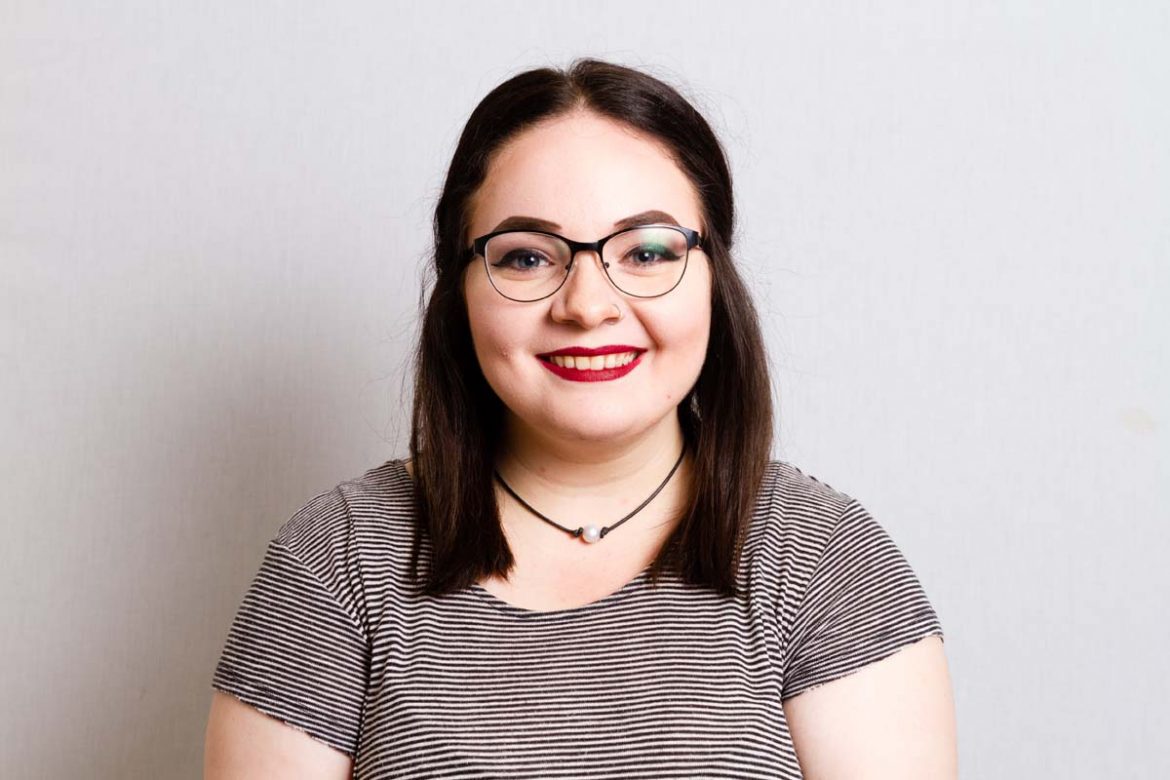Yes, I did cry while writing this piece.
This is now my fourth semester working at the Bison newspaper, so it’s understandable that most people assume I’m either an English major or a journalism major. Surprise: I’m actually majoring in public administration, but I have been writing fan-fiction and aggressive diary entries for as long as I can remember. However, as a public administration student, I’m blatantly and sometimes too intensely interested in the voting process and voting issues.
Often, when I talk about election issues with friends, someone will say to me, “Uh, please don’t hate me, but I’m not even registered to vote.” I’m not going to lie. The first few times this happened to me, I was filled with red, red rage and smoke literally billowed out of my ears. Now, instead of getting angry, I ask them why. The typical replies are, “I don’t know how,” or “I just never got around to it.” I’ve had to register to vote in my home state of Illinois and now in Arkansas, so I am able to give them some pointers about registering.
You may think that your vote doesn’t matter. I sometimes feel the same way. Congressional districts are reapportioned by the legislators themselves. As a result, they gerrymander and almost hand select their constituency based on political party, and sometimes even race, to win their elections. The Citizens United Supreme Court decision allowed companies to act as individuals, and in turn, political candidates are influenced by the money they receive from huge corporations and super political action committees. America is not a direct democracy, which means that you only indirectly vote for your president through the electoral college. According to the New York Times, only nine percent of the nation decided on the two worst major presidential candidates, accounting for those who didn’t vote in the primaries, couldn’t vote or voted for another candidate.
About a month ago, I watched an interview with Rep. John Lewis conducted by ATTN: that really stuck with me and changed my outlook on voting. John Lewis was a huge influence in the Civil Rights Movement. At age 20, he became one of the 13 Freedom Riders and at 23 was a part of the Big Six that organized the March on Washington where Martin Luther King Jr. gave his “I Have a Dream” speech. The editor-in-chief of ATTN: asked Lewis how we can motivate more young people to vote.
“Young people in all of America must understand that in our own land, people gave their very blood, their very lives, for the right to vote,” Lewis said. “We must tell the story, that people struggled to participate in the democratic process.”
The American colonists declared independence from Great Britain in 1776 and fought a war because they had no representation in the parliament. It took the bloodiest war in American history, the Civil War, and the 15th Amendment of 1870 to give the right to vote to those who were previously enslaved. People were struck on the street and force-fed in jail for advocating for women’s suffrage before the 19th Amendment of 1920 was passed. Many were trampled and beaten for their support of civil rights, and many were killed before the passage of the Voting Rights Act of 1965.
In the same interview, Lewis said, “The right to vote is precious. It’s almost sacred. You must participate.”
Yes, I am frustrated with the election process, but that gives me no excuse to shirk my civil responsibilities. Many people willfully subjected themselves to beatings, force-feedings, warfare and death for my singular right to vote. I can’t help picturing my personal hero Alice Paul — the Quaker woman who participated in both the British and American fight for women’s suffrage, led the first picket of the White House and wrote the never-ratified Equal Rights Amendment — spit the raw eggs that were forced down her throat back into my face if I didn’t vote.
It’s not too late to register to vote in the election in November. Please contact me personally if you need help registering, and I can point you in the right direction, even if you are on the opposite end of the political spectrum from myself. Everyone, including you, has an ethical obligation to use their right to vote.
